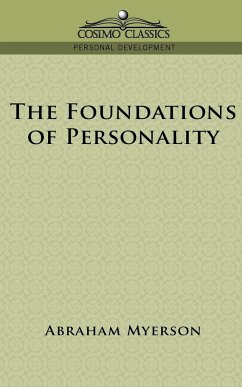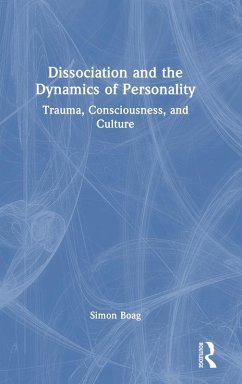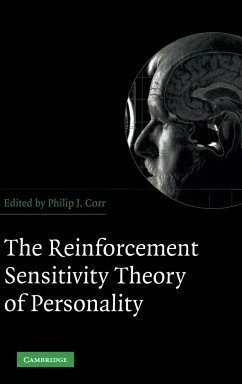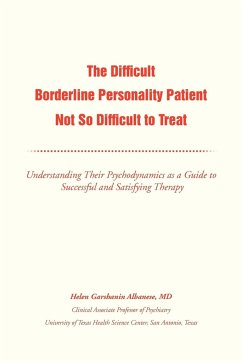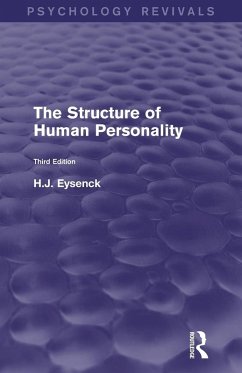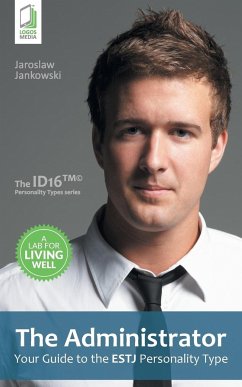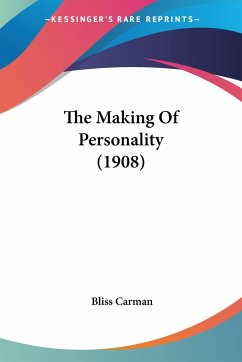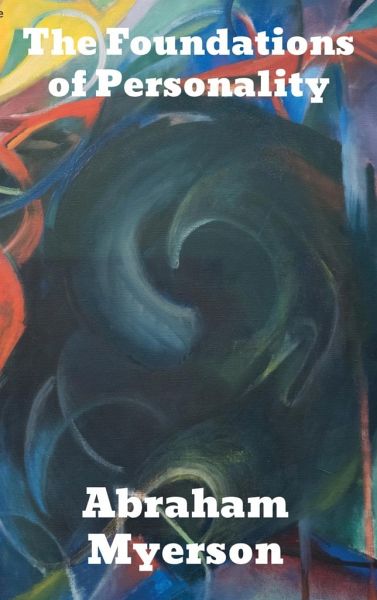
The Foundations of Personality
Versandkostenfrei!
Versandfertig in 1-2 Wochen
23,99 €
inkl. MwSt.

PAYBACK Punkte
12 °P sammeln!
Man's interest in character is founded on an intensely practical need. In whatsoever relationship we deal with our fellows, we base our intercourse largely on our understanding of their characters. The trader asks concerning his customer, "Is he honest?" and the teacher asks about the pupil, "Is he earnest?" The friend bases his friendship on his good opinion of his friend; the foe seeks to know the weak points in the hated one's make-up; and the maiden yearning for her lover whispers to, herself, "Is he true?" Upon our success in reading the character of others, upon our understanding of ours...
Man's interest in character is founded on an intensely practical need. In whatsoever relationship we deal with our fellows, we base our intercourse largely on our understanding of their characters. The trader asks concerning his customer, "Is he honest?" and the teacher asks about the pupil, "Is he earnest?" The friend bases his friendship on his good opinion of his friend; the foe seeks to know the weak points in the hated one's make-up; and the maiden yearning for her lover whispers to, herself, "Is he true?" Upon our success in reading the character of others, upon our understanding of ourselves hangs a good deal of our life's success or failure. Because the feelings are in part mirrored on the face and body, the experience of mankind has become crystallized in beliefs, opinions and systems of character reading which are based on physiognomy, shape of head, lines of hand, gait and even the method of dress and the handwriting. Some of these all men believe in, at least in part. For example, every one judges character to a certain extent by facial expression, manner, carriage and dress. A few of the methods used have become organized into specialties, such as the study of the head or phrenology, and the study of the hand or palmistry. All of these systems are really "materialistic" in that they postulate so close a union of mind and body as to make them inseparable.



